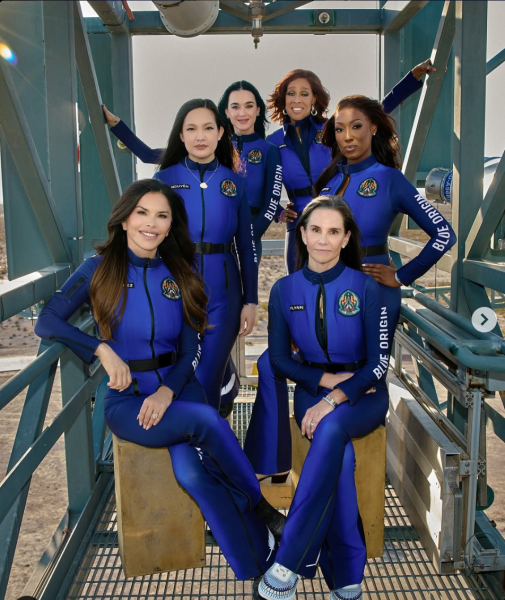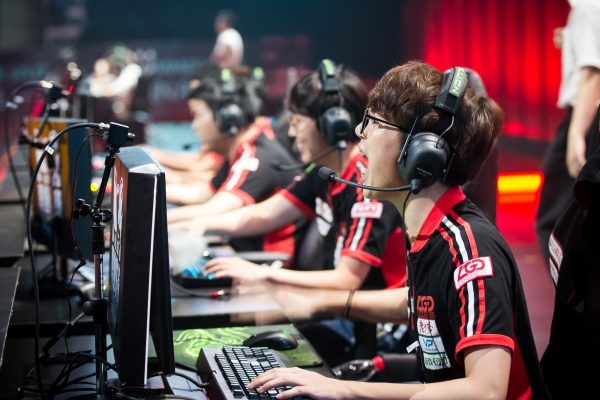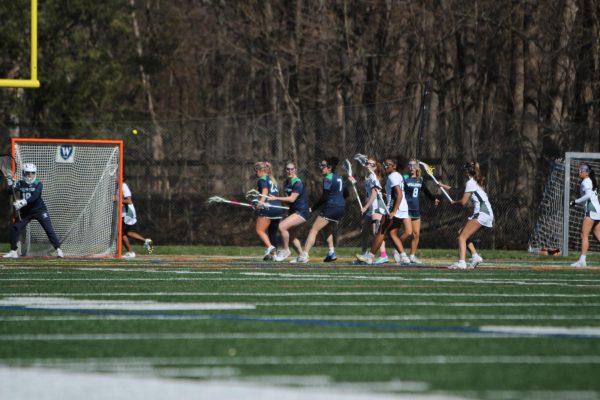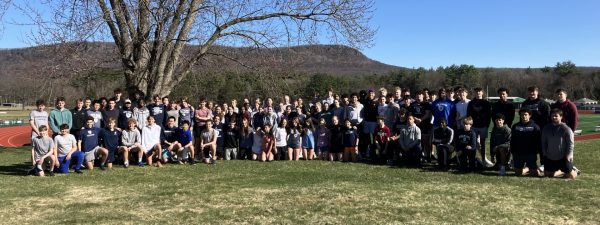Software Lets Computers Share for Science
Most people have heard of volunteer work, work that one does for free to help out another. Fewer have heard of volunteer computing.
Volunteer computing is sort of like donating a computer’s memory and processing power when it is not being used. Essentially, if the owner of a computer wishes to donate his or her computer’s abilities, he or she can do just that.
The first step is to download a program that enables one to do this. The most popular piece of software is BOINC (Berkeley Open Infrastructure for Network Computing). BOINC is run by the University of California, Berkeley.
BOINC lets you choose from a list of projects currently underway. Many projects are available, from life science to physics and climate. There are other, similar projects such as DreamLab, which studies cancer, and Electric Sheep, an art-oriented project, that are not available through BOINC and require independent computer software.
Services like BOINC are extremely helpful to scientists, as they allow smaller projects that don’t have enough money for super computers – computers with processing power greater than that of even all the Surfaces here at school combined – to gain an edge in computing power. Without this, many projects are simply impossible. The cost of the thousands of terabytes of data and ram would simply be too high.
Of course, there are dangers with programs such as this. Though the chance has been minimized, it is possible for malware posing as a research project to sneak onto a computer. If the malware can fool the security system of the project and pose as data, it could end up harming your computer.
Mr. Shelffo, the Chief Information Officer at Williston, shared his thoughts on the matter. “It’s a great way to get things done. There’s a lot of computing power out there and harnessing it for important projects is a great idea.”
If a student wanted to participate in projects like these, he or she would first need to get permission from tech. With that, students are able to help a project they feel passionate about.
Kameron Morgan 18′ sees no reason to not participate in volunteer computing programs. “It’s like donating you body when you die. You don’t need it.”
Ethan Bradway 19′ would be happy to participate as well, as long as he could opt out anytime.












